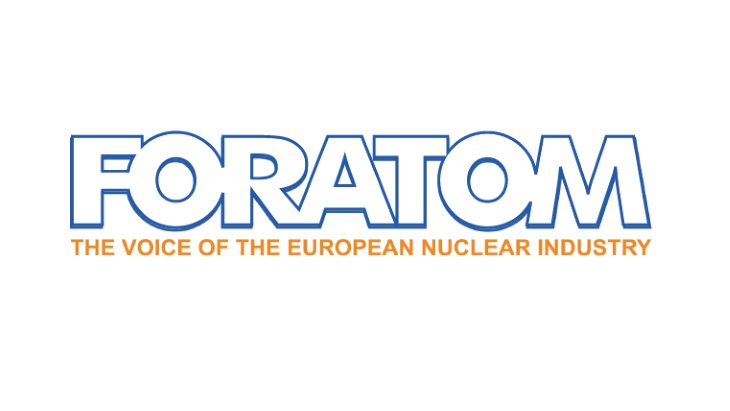Brussels-based Foratom notes 26% of the electricity produced in the EU comes from nuclear energy and it remains the largest source of low-carbon electricity. However, the average age of the nuclear fleet in Europe is 35 years and without the long-term operation (LTO) of nuclear power plants, 90% of current nuclear capacity will be shut down by 2035 and will thus need to be replaced.
"Continuous improvement in operational practices and nuclear safety are of fundamental importance to the European nuclear industry," Foratom said in a report published today. "Safety upgrades are an integral part of plant lifetime extension programmes. As a consequence, securing a strong and diversified supply chain is essential to ensuring the high levels of safety, quality and reliability required for new build projects and long-term operation alike."
Many of the nuclear industry's original equipment manufacturers are no longer on the market or have stopped manufacturing their originally designed items, Foratom notes. At the same time, the market has become more challenging for new entrants due to the stringency and diversity of requirements around the world. In order to overcome these issues, it says the European nuclear industry could leverage modern, high-quality and proven products manufactured by well-established suppliers to other industries which also require high quality items. In many cases, Foratom says, certain items used in other industries are comparable, or even physically identical to items used within the nuclear industry. These could become more widely available to the European nuclear industry if appropriate steps are taken.
The report - titled Optimising the European nuclear supply chain - Use of high-quality industrial grade items in European nuclear installations - recommends that industry takes advantage of existing European supply chain projects and international experience in using high-quality industrial grade items.
Additional recommendations for ensuring a robust and diversified supply chain include that the industry develop a European guideline which includes a common methodology for the acceptance of high-quality industrial grade items in certain safety classified applications. To achieve this goal, Foratom says cross stakeholder collaboration between entities such as the European Nuclear Installations Safety Standards Initiative, the Western European Nuclear Regulators Association and the European Nuclear Safety Regulators Group should be encouraged.
In addition, EU Member States and other European countries should develop national guidance for the use of high-quality industrial grade items based on the common European guidelines. The nuclear industry should also review existing procedures to provide the basis for a larger market and more efficient interfaces with suppliers. Formulating a European guideline will allow both utilities and vendors to develop their own processes and procedures for procuring commercial grade items to be applied in nuclear safety related applications, Foratom said.
"The safe and reliable operation of the European nuclear fleet requires the availability of appropriate supply chain options," said Foratom Director General Yves Desbazeille. "Implementing the report's recommendations will create a great opportunity for European suppliers to be involved in LTO or new build projects, and thus help the EU's economy recover from the COVID-19 crisis and meet the bloc's 2050 climate-neutrality goals."






_63865.jpg)
_18570.jpg)
_16159.jpg)





